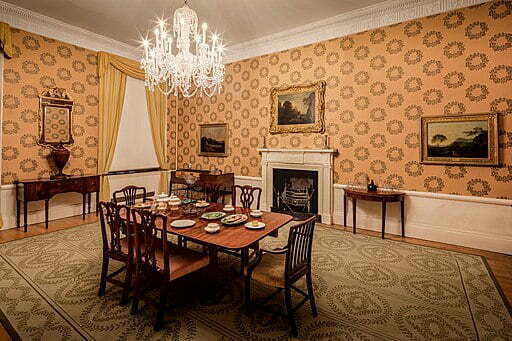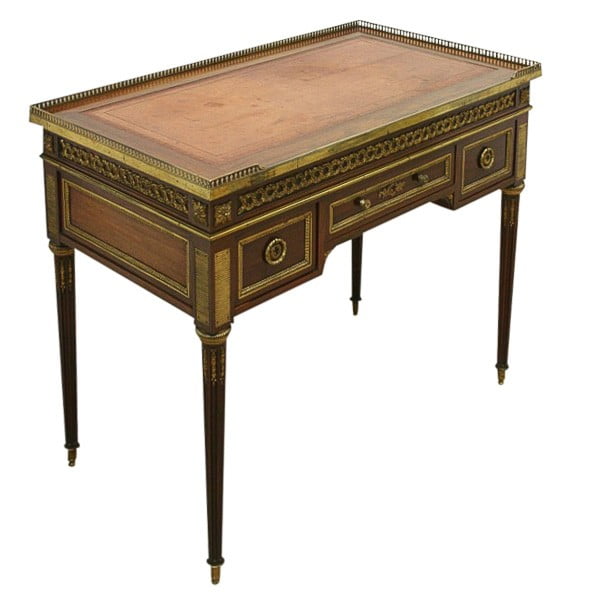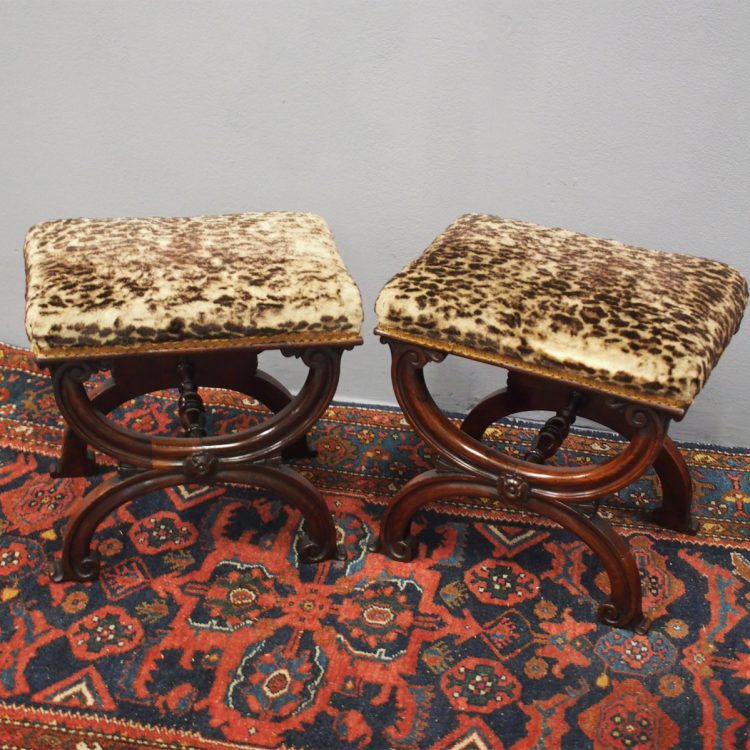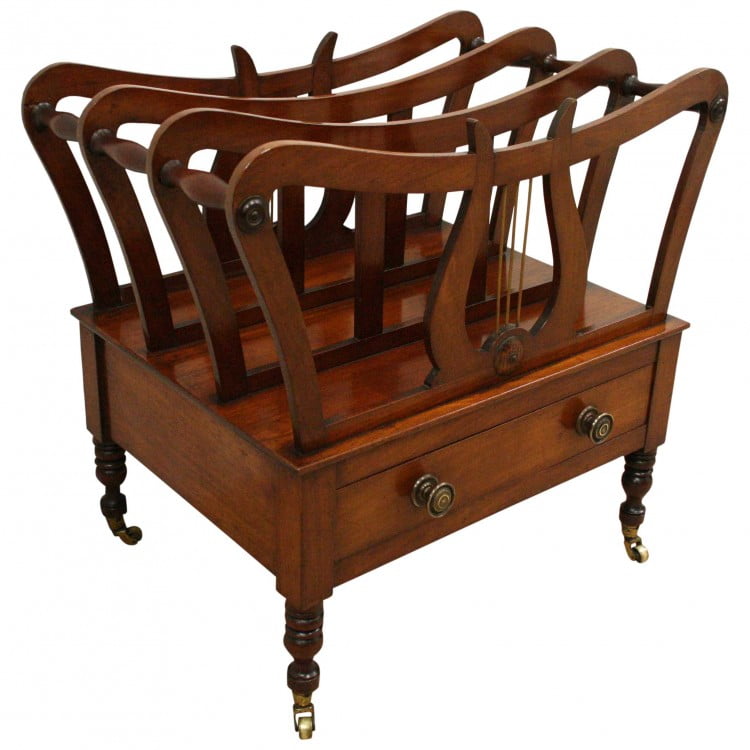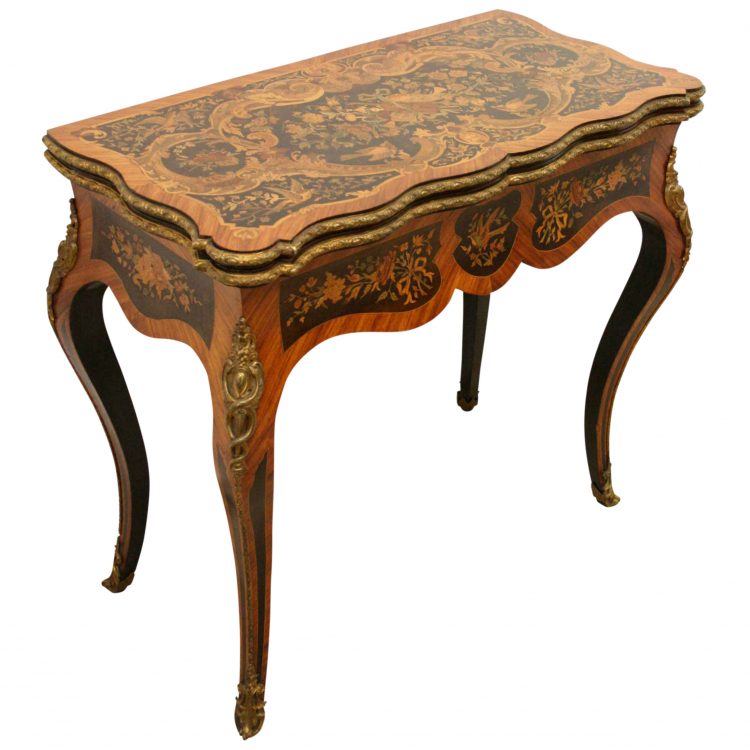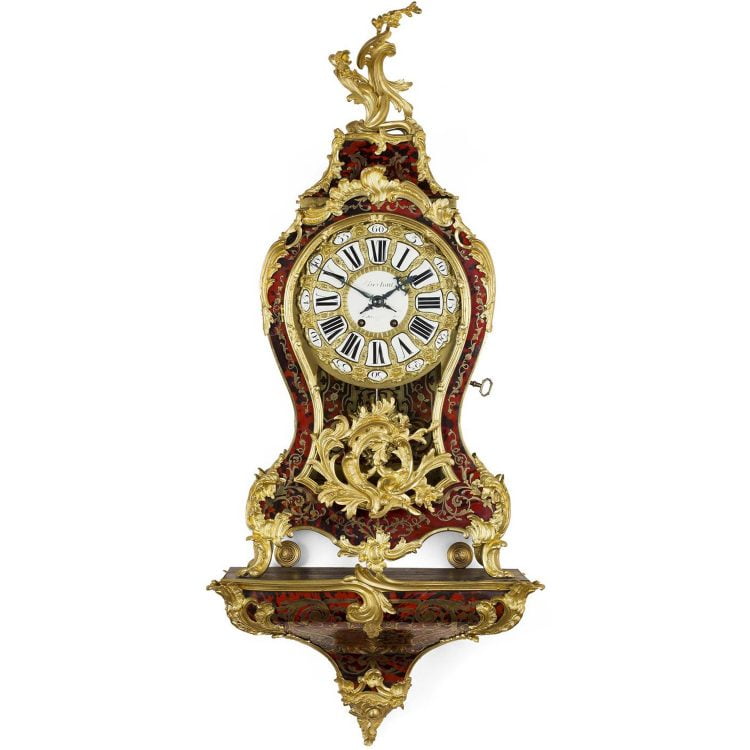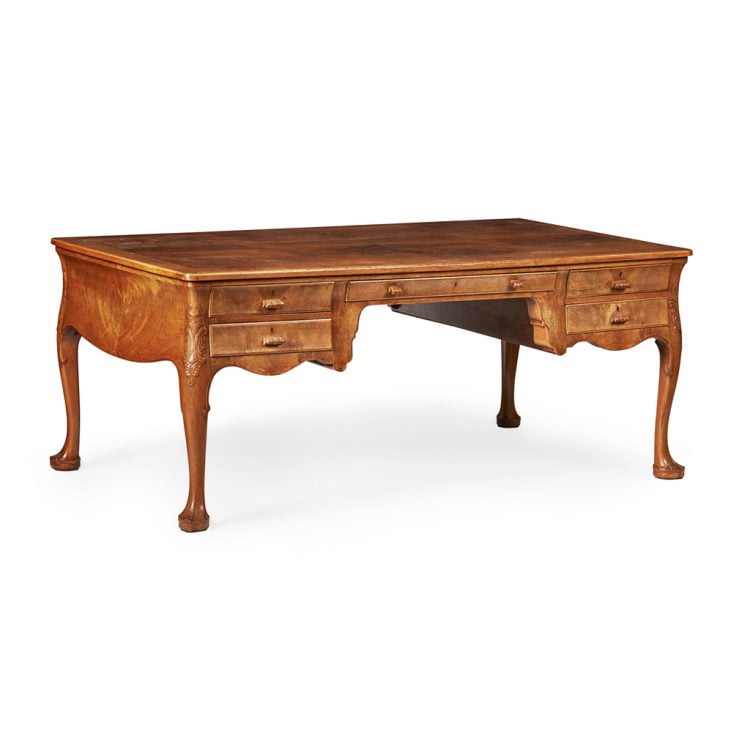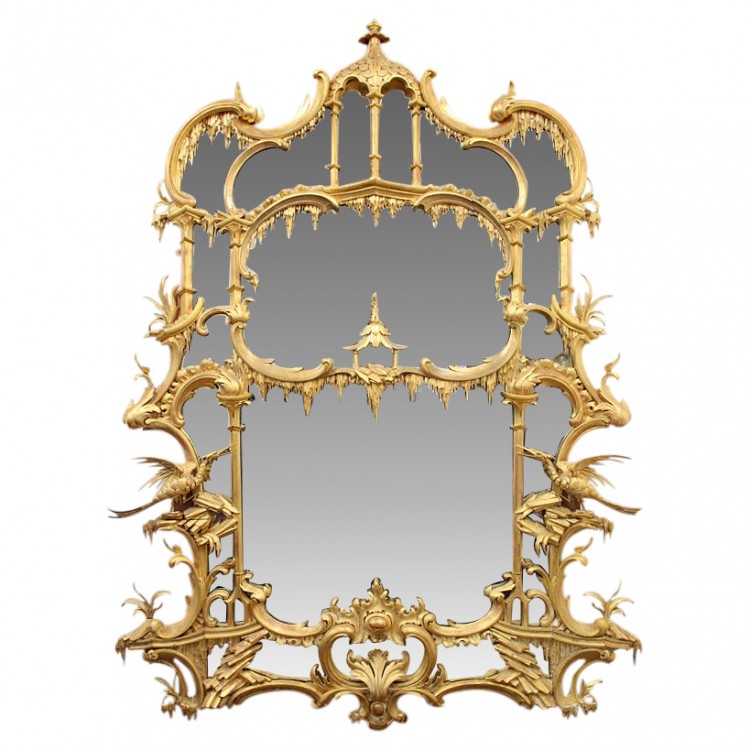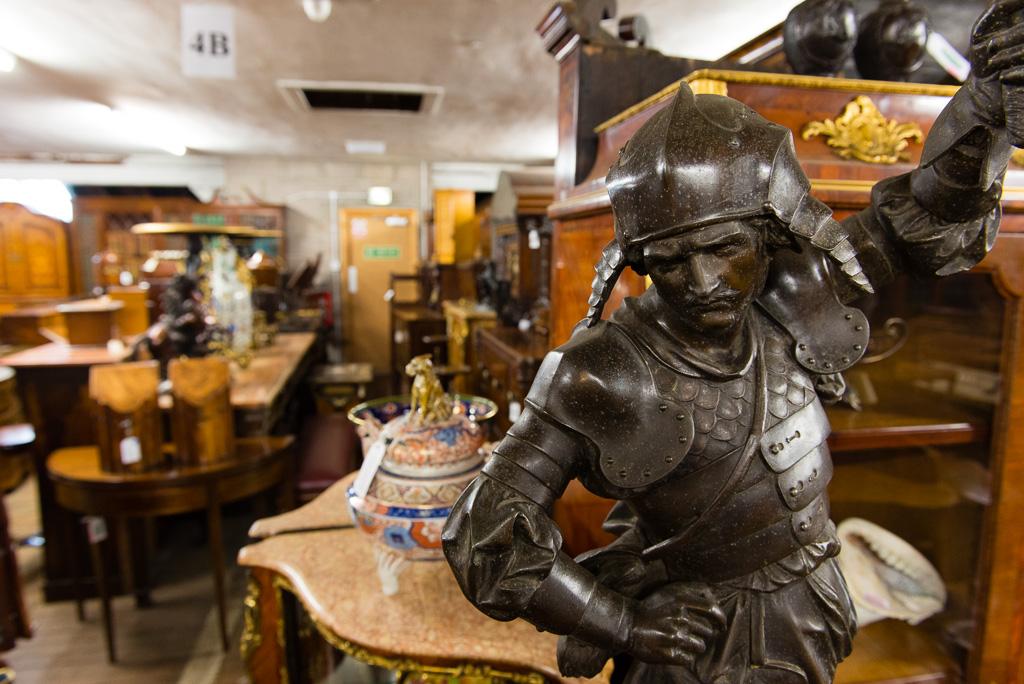News
FEATURE
NEWSLETTER
Subscribe
Email updates from Georgian Antiques:
We will not pass on your details to third parties.
You can unsubscribe at any time.
Features & Articles
Subscribe to the Georgian Antiques newsletter to get these articles (and more) delivered via email.
Antique Dining Room Furniture: A Short History
A group or family dining experience was an important feature in the wealthiest homes of Georgian Britain, with contemporary sources describing many hours spent around the dining table, and the importance of presentation in both the food and the fixtures!The dining room was an elegant and well fitted room in the Georgian period and was…
Empire Revival Antiques: A Short History
What Is The Empire Style? The Empire Style (1800-1815) originated in the French court of Napoleon I. This opulent style often used a combination of Neoclassical ornamentation and symbols with Napoleonic motifs, and greatly influenced the furniture, arts, and textiles of the day. It is often considered the second stage of the Neoclassical movement. As…
Antique Stools: A Short History
Antique stools may seem a common feature in homes today, but their history goes a lot further back than you may think! A stool is simply defined by the Oxford English Dictionary as a seat without a back or arms, raised from the ground on a series of legs. With ancient origins dating back to…
Antique Canterburies: A Short History
What is a canterbury? The canterbury is an 18th century piece of furniture of British design, however its exact origins are a little unclear. There were two forms of ‘canterbury’ made at that time and both were associated with the Archbishop of Canterbury (they may have been designed for him). A ‘canterbury’ can refer to…
Antique Games Tables: A Short History
Antique games and card tables are some of the most diversely styled tables. Often their designs draw from the most favoured styles of that period – and we have several in stock which show this variety. Earlier examples like this Georgianmahogany triple-top games tablefrom circa 1760, have a simple solid mahogany top with curved edges,…
Antique Boulle Furniture: A Short History
The term ‘Boulle’ was taken from the surname of it’s most skilled artisan André Charles Boulle (1642–1732). Boulle was a cabinetmaker, sculptor and gilder to King Louis XIV of France, and from 1672 he was granted the royal privilege of living in the Palais du Louvre. ‘Boulle’ work refers to the practice of overlaying furniture…
Whytock and Reid Furniture: A Short History
Established in 1807 by Edinburgh businessman Richard Whytock, the furniture-making firm became ‘Whytock and Reid’ when he formed a partnership with John Reid in 1876. If you’ve lived in Edinburgh, you might have seen their workshop based in Sunbury House, Belford Mews (near Dean Village). Whytock earned his first warrant from Queen Victoria in 1838…
Antique Mirrors: A Short History
Antique mirrors can be one of the most interesting features of any modern home – and they are also incredibly diverse!The mirror is not a modern invention but has instead been used since ancient times, from Egyptian mirrors in polished bronze (2900BC), to Chinese bronze mirrors dating as early as 2000BCE. The complete history of…
1978-2018 The First Forty Years of Georgian Antiques
We’re excited to announce that as a big thank you for all of your support over the past 40 years we are having a sale! All stock will be 20% off (excluding sale stock) for only 40 days. It will run from 2 April to the 12 May 2018 and the discount will be on…
Antique Davenports: The Perfect Desk For The Modern Home?
It Began With Gillows… The term ‘davenport’ is first noted in Gillows’ Cost Books in the 1790s. Gillows were a prosperous cabinetmaking firm operating out of Lancaster and London from the 1730s to the 1840s. The term appeared in the phrase ‘Captain Davenport, a desk’ next to a design of it. This became one of…
